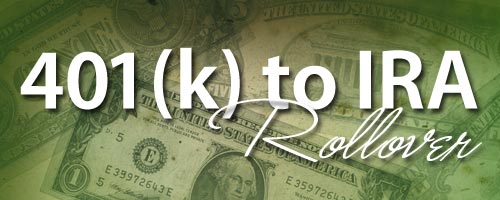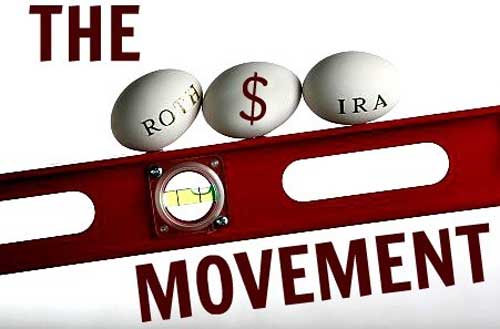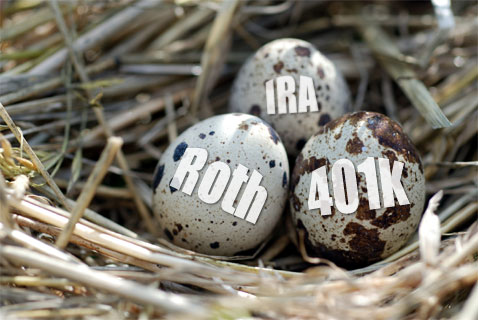One of the realities of the financial world is that it's possible to use leverage to get more than what you would normally be able to afford. In simple terms, leverage is using debt to buy what you want. You leverage the capital you have right now as a down payment to allow you to borrow the rest.
For the most part, leverage is used to describe how you can increase the return on your investment by putting in a little capital and then borrowing the rest. The hope is that the return will be great enough to offset the cost of borrowing. When you are talking about your household finances, this return on investment is often about more than just the money. It often includes the emotional or sentimental value you get out of something, as well as the satisfaction that comes from instant gratification.
I recently bought a new car. I put a down payment on it, and financed the rest. I leveraged what I had in hand in order to borrow to get a more expensive car than I could buy right now with cash. I decided that getting the exact car I wanted, as well as getting it now (with dealer incentives so good and prices so low) instead of waiting another two years, was worth the cost of the interest I will be paying. I don't sell my cars; the car this is replacing was one we had for nearly 10 years before sending it to my in-laws. To me, the return on investment is worth it, even though I probably won't sell the car for money.
Consumer Leverage, and Drowning in Debt
The concept of leverage applies to a number of consumer purchases right now. When you use your credit card to buy things you don't have the money for, you are using leverage. On a larger scale, you use leverage when you get a mortgage payment. Many people use leverage to purchase an even bigger home than they expected. No matter the asset — or the liability — it's important to consider how leveraged you are. And whether or not you might actually be over-leveraged.
When you are over-leveraged, it means that you have borrowed beyond the point of your ability to repay the debt. In this situation, you aren't receiving enough of a return to justify how much you have borrowed, and how much you still owe. Pretty soon, your payments and interest begin eating up your available income. We sometimes refer to this as drowning in debt. You can't meet your obligations, and even the emotional returns you might have received from your overspending are fading. This becomes a serious problem, and it can lead to financial collapse.
Take a look at your financial situation, and consider your debt levels. Are you over-leveraged? Have you borrowed beyond the point that it makes sense? Will you be able to repay the loan — and still feel as though you have received a good ROI? You might be over-leveraged, and if this is the case, it's time to get serious about paying down your debts, and reconsider the ways you use debt to get what you want.


